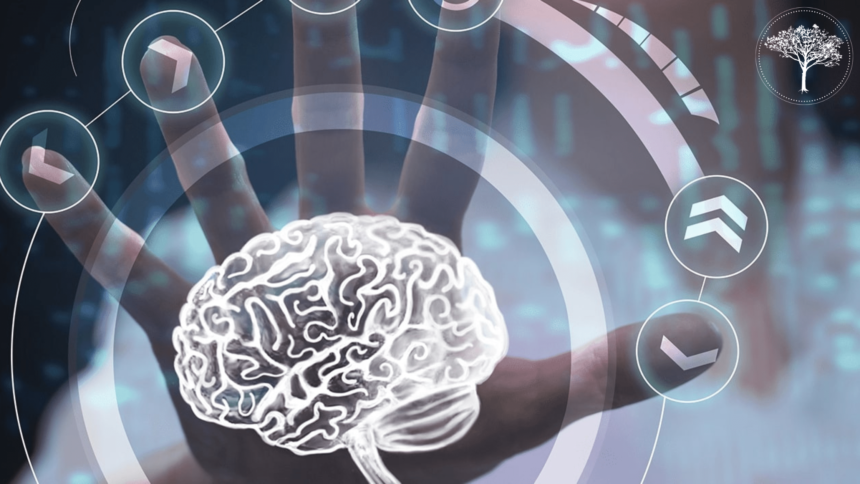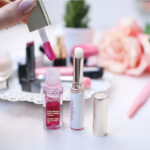Holistic approaches to treating alcohol use disorder (AUD) focus on healing the whole person—mind, body, and spirit. These treatments complement traditional methods, providing a comprehensive recovery plan that addresses all aspects of an individual’s well-being.
The Philosophy Behind Holistic Treatment
Whole-Person Approach: Holistic treatment recognizes that addiction affects all areas of a person’s life. It aims to restore balance by addressing physical health, emotional stability, mental clarity, and spiritual fulfillment.
Integrative Care: Holistic approaches are often integrated with conventional treatments like counseling and medication-assisted treatment (MAT) to provide a more comprehensive care plan. This integration ensures that all aspects of recovery are covered.
Types of Holistic Therapies for AUD
- Mindfulness and Meditation
Benefits: Mindfulness and meditation practices help individuals become more aware of their thoughts and feelings without judgment. These practices can reduce stress, improve emotional regulation, and decrease cravings.
Techniques: Practices include mindful breathing, body scans, guided meditation, and mindfulness-based stress reduction (MBSR). These techniques help individuals stay present and manage their emotions more effectively.
- Yoga
Benefits: Yoga combines physical postures, breathing exercises, and meditation to promote physical strength, flexibility, and mental tranquility. It helps reduce stress, improve mood, and enhance overall well-being.
Types of Yoga: Various styles, such as Hatha, Vinyasa, and Kundalini yoga, offer different benefits. Individuals can choose a style that best fits their needs and preferences.
- Acupuncture
Benefits: Acupuncture involves inserting thin needles into specific points on the body to balance energy flow. It can help reduce cravings, alleviate withdrawal symptoms, and promote relaxation.
How It Works: Acupuncture is believed to stimulate the body’s natural healing processes and release endorphins, which can reduce pain and stress.
- Nutritional Therapy
Benefits: Proper nutrition is essential for repairing the body and mind after prolonged alcohol use. A balanced diet supports physical health, improves mood, and boosts energy levels.
Focus Areas: Nutritional therapy emphasizes the importance of vitamins and minerals, such as B vitamins, vitamin C, magnesium, and omega-3 fatty acids, which are often depleted in individuals with AUD.
- Art Therapy
Benefits: Art therapy provides a creative outlet for expressing emotions and experiences. It can help individuals process trauma, reduce stress, and improve emotional regulation.
Activities: Activities include drawing, painting, sculpting, and other forms of creative expression. The focus is on the process of creation rather than the final product.
- Music Therapy
Benefits: Music therapy uses music to promote healing and emotional well-being. Listening to, creating, or performing music can improve mood, reduce anxiety, and enhance cognitive function.
Techniques: Techniques include guided listening, songwriting, and music improvisation. Music therapy sessions can be tailored to individual preferences and needs.
- Equine Therapy
Benefits: Equine therapy involves interactions with horses to promote emotional growth and healing. It can help build trust, improve communication skills, and enhance self-esteem.
How It Works: Activities include grooming, feeding, and leading horses. The bond formed with the horse provides a non-judgmental and supportive relationship.
- Herbal and Natural Remedies
Benefits: Herbal remedies can support physical and mental health by providing natural healing properties. Certain herbs may help reduce anxiety, improve sleep, and boost the immune system.
Common Herbs: Herbs such as valerian root, chamomile, and milk thistle are often used in holistic treatments. It’s important to consult with a healthcare provider before using herbal remedies to ensure safety and efficacy.
- Reiki and Energy Healing
Benefits: Reiki and other energy healing practices aim to balance the body’s energy fields and promote relaxation and healing. They can help reduce stress, improve emotional well-being, and support overall health.
How It Works: Practitioners use gentle touch or hand movements above the body to channel healing energy. Sessions are designed to promote deep relaxation and balance.
- Exercise and Physical Activity
Benefits: Regular physical activity improves physical health, reduces stress, and enhances mood. Exercise releases endorphins, which are natural mood lifters.
Types of Exercise: Activities can include walking, running, swimming, cycling, and strength training. Finding an enjoyable form of exercise increases the likelihood of maintaining a consistent routine.
Integrating Holistic Therapies with Traditional Treatments
Personalized Treatment Plans: Combining holistic therapies with conventional treatments creates a personalized recovery plan. This integrative approach addresses all aspects of an individual’s well-being and provides a comprehensive support system.
Professional Guidance: Working with healthcare providers and holistic practitioners ensures that treatments are safe and effective. Professional guidance helps tailor therapies to meet individual needs and preferences.
Benefits of a Holistic Approach to AUD Treatment
Comprehensive Care: Holistic treatments address physical, emotional, mental, and spiritual health, providing a well-rounded approach to recovery.
Empowerment: Individuals actively participate in their healing process, which can enhance self-efficacy and empowerment.
Stress Reduction: Many holistic therapies focus on reducing stress and promoting relaxation, which are crucial for maintaining sobriety.
Emotional Healing: Creative and expressive therapies help individuals process emotions and experiences, supporting emotional healing and growth.


